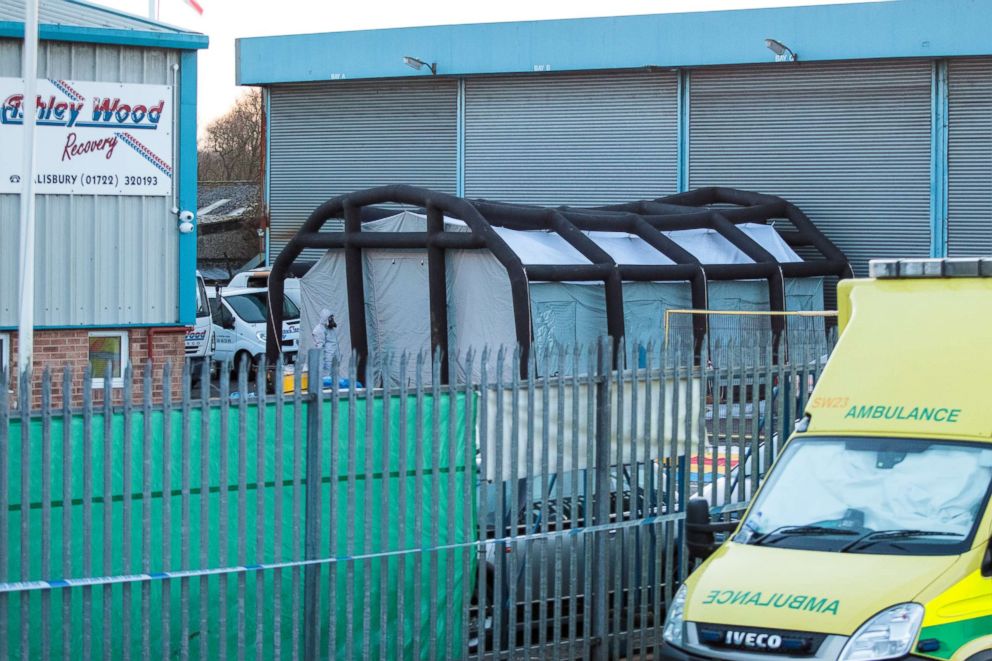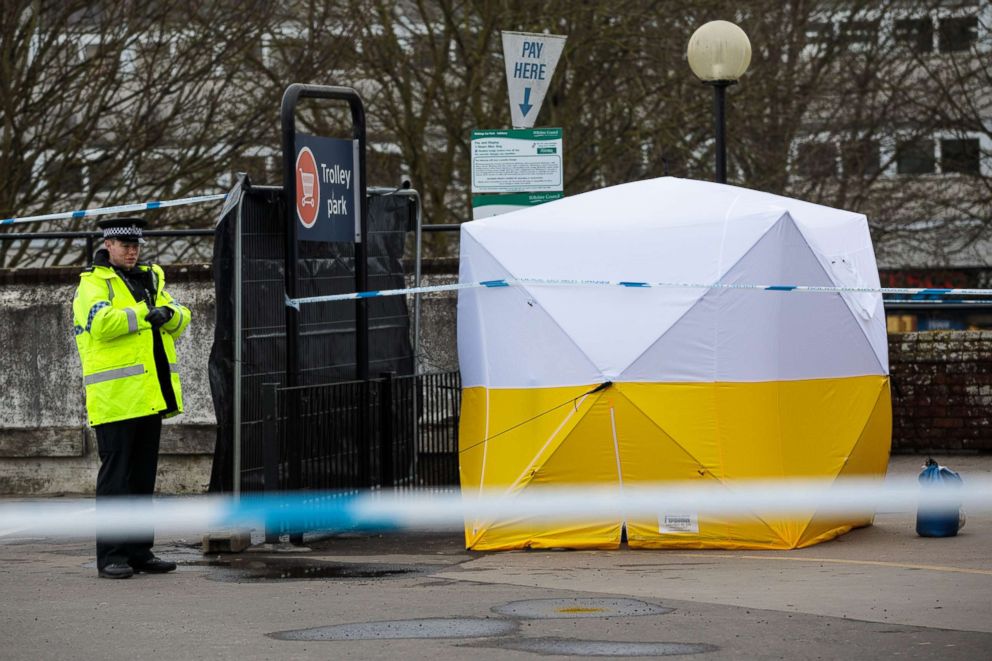British foreign minister under pressure over nerve agent poisoning comments
UK Foreign Secretary accused of causing confusion with comments on investigation
LONDON -- British foreign secretary Boris Johnson is under pressure this week over previous comments he made that scientists had “categorically” determined the nerve agent used on a former spy and his daughter in Salisbury recently was produced in Russia.
When asked by German news outlet Deutsche Welle on March 20 how Britain managed to find out so quickly that the source of the Novichok nerve agent was Russia, Johnson said:
"Let me be clear with you. When I look at the evidence, I mean the people from Porton Down, the laboratory," he said, "they were absolutely categorical and I asked the guy myself, I said 'Are you sure?' and he said 'There’s no doubt.'"
However, on Tuesday, April 3, the Porton Down defense laboratory told Sky News that they were unable to verify the precise source of the nerve agent used in the attack against Sergei Skripal and his daughter.

As the admission made headlines around the world, the U.K. Foreign Office issued a statement:
"We have been clear from the very beginning that our world-leading experts at Porton Down identified the substance used in Salisbury as Novichok, a military grade nerve agent. This is only one part of the intelligence picture," the statement said. "It is our assessment that Russia was behind his brazen and reckless act and, as the international community agrees, there is no other plausible explanation."
On March 24, a tweet by the Russian embassy in London made specific reference to the Deutsche Welle interview, saying that the chief executive of Porton Down had not denied Russian claims that there were pre-existing samples of Novichok at the facilities and that Boris Johnson had hinted so in his interview several days before.
The Russian embassy has been raising questions on social media about the secrecy surrounding the research at Porton Down. They have specifically questioned whether the laboratories had their own samples of Novichok to compare with the Salisbury nerve agent.

New information came to light on Wednesday, April 4, that the U.K. Foreign Office had deleted a tweet on March 22 that alleged Porton Down experts was clear that the nerve agent was “produced in Russia.”
The Russian embassy swiftly responded on Twitter, with a screenshot of the tweet, asking “Why would @foreignoffice delete this tweet from 22 March?”
The deleted tweet said, “Analysis by world-leading experts at the Defence Science and Technology Laboratory at Porton Down made clear that this was a military-grade Novichok nerve agent produced in Russia.”
On Wednesday, Johnson came under pressure to clarify whether the government had been misleading with its statements or whether its position had changed and whether this was due to undisclosed evidence not shared with the public.
The U.K. government, still on Easter recess, scrambled to address the damage.
Security minister Ben Wallace appeared on a BBC broadcast to explain that the experts at Porton Down were not assigned to point the blame, but to provide scientific analysis on the samples. He said the wider investigation would need input from several sources, which "includes intelligence, detectives if it’s a police investigation and the scientists, as well."
"Porton Down will be able to tell you that there are very, very, very few people in the world who, first of all, did design Novichok –- and that was the Russians –- and who has developed and stockpiled it," Wallace said.
After the deleted tweets emerged and made headlines, a Foreign Office spokesman said that the tweet was deleted because it inaccurately transcribed comments made by British Ambassador Laurie Bristow.
"One of the tweets was truncated and did not accurately report our ambassador’s words," he said. "We have removed this tweet."
According to a government transcript, the ambassador's words on March 22 were, “The analysts at Porton Down ... established and made clear this was a military-grade chemical weapon. One of the Novichok series; a nerve agent as I said produced in Russia.”




